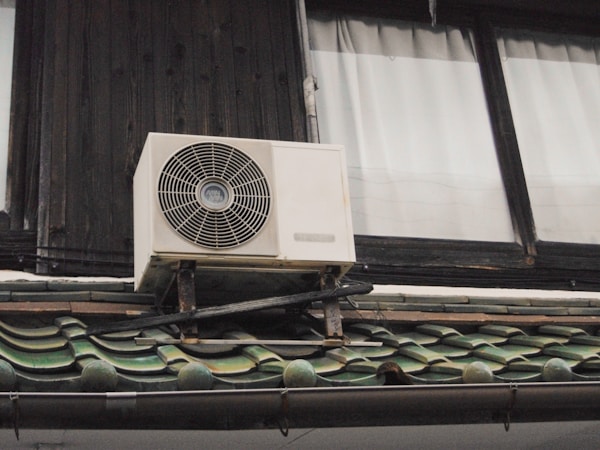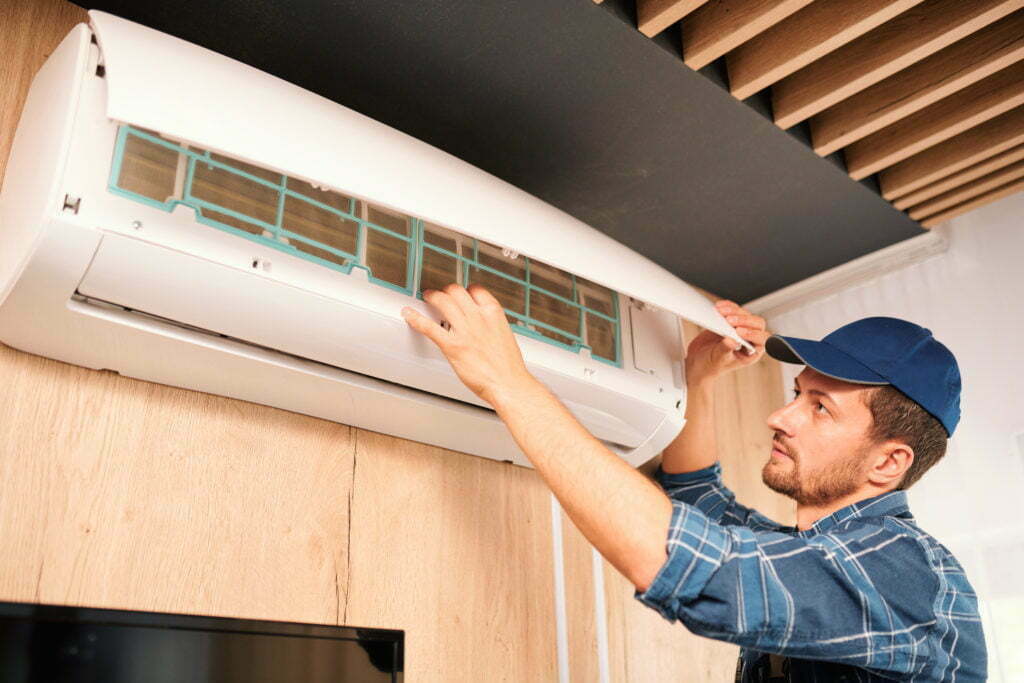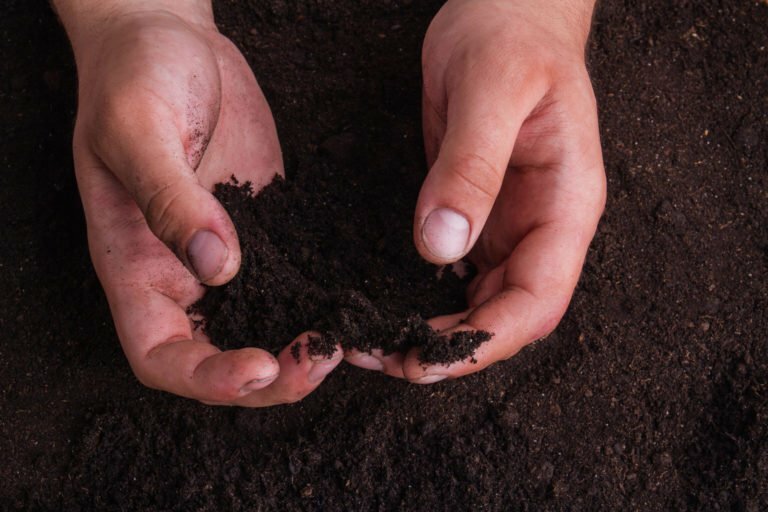A mini split system is a type of air conditioning system that is used to cool and heat individual rooms. Unlike a traditional central air conditioning system, a mini split system does not require a duct system to distribute the conditioned air. Instead, the mini split uses a series of small air handlers to deliver the conditioned air directly to the rooms that need it. However, if you notice that your mini split is leaking, you’ll need to resolve the issue immediately to avoid further damage to your home or the unit. If you’re not sure where to start, read on to learn how to find and fix mini split water leaks.
How do you find and fix mini split water leaks?

Don’t panic if you notice your mini split leaking water. It isn’t as difficult as you may think to address the issue. First, you’ll need to determine where the water is coming from. If you’re not sure where the water is coming from, you can try checking the drain pan underneath the evaporator coil. If the water is coming from the evaporator coil, the drain pan will be wet. If the water is coming from the condenser coil, the condensation will drip from the bottom of the unit. If the water is coming from the pipes, you may see water pooled around the base of the mini split.
Once you’ve determined where the water is coming from, you can start trying to fix the issue. If the water is coming from the evaporator coil, you may need to clean the coil. With a condenser coil problem, you can try clearing away any debris that is blocking the airflow. If you believe that the leak is coming from the pipes, you may need to tighten the fittings or replace the hose. You should always call a professional to inspect your air conditioning unit if you notice that it’s leaking water, particularly if you don’t have much experience with HVAC systems.
By properly maintaining your HVAC, you can avoid developing leaks in the first place. Schedule regular maintenance checks for your air conditioner. A professional can clean the unit, check for any potential problems, and make necessary repairs. You should also change the filter at least once every 90 days, though many homeowners prefer to change theirs on a monthly basis to ensure peak performance.
What else can you do to improve your HVAC system?

A smart thermostat can help to optimize your home’s heating and cooling system. By allowing you to program your thermostat to automatically adjust the temperature during different times of the day, you can save money on your energy bills and minimize your energy consumption. Additionally, a smart thermostat can also detect problems with your HVAC system, so you can address them before they become bigger, more expensive issues. If you have a green home, you can choose a model that provides insights into your energy usage, which will ultimately reduce your carbon footprint.
On average, an HVAC system will last for ten to fifteen years. This number can vary greatly depending on the factors mentioned above. If you live in a region with extreme temperatures, for example, your HVAC will likely need to be replaced more often than if you live in a more moderate climate. Regular cleaning and servicing can help to prevent problems and keep the unit running efficiently. If you do need to replace your system, be sure to shop around and compare prices so that you can get the best deal possible.
As a homeowner, you have to prioritize HVAC maintenance. By doing so, you can keep your system running smoothly and ensure that it’s providing you with the comfort you need. If you notice that your mini split has a water leak, you can start by trying to figure out where the leak is coming from. If it’s a minor issue that doesn’t require significant repair, you may be able to address it yourself. Generally, though, you’ll want to call an HVAC technician if you notice your air conditioning unit leaking. Follow this advice and you’ll be comfortable at home all year round.





